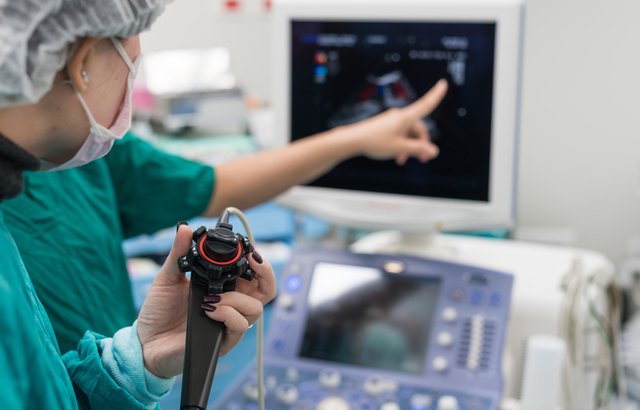Twenty times more people than before the pandemic were waiting over six weeks for key scans that can diagnose heart disease, analysis by the British Heart Foundation (BHF) has found.
Most recent figures show that at the end of September, 64,962 people in England waited more than six weeks for heart ultrasounds (known as echocardiograms), compared to 3,238 people who waited this long at the end of February 2020.
This is the highest number since figures were first published in this form, with 44 per cent of the total waiting list for an echocardiogram (149,050) waiting six weeks or more.
Echocardiograms, or echos, are tests which look at the structure of the heart and are used when someone has had a heart attack, or if they have heart failure. They are often used to routinely diagnose congenital heart disease and heart valve problems.
As NHS England works hard to recover from the pandemic’s disruption to “routine” care, significantly more echo tests are being performed in England now than during the first 2020 lockdown. However, the BHF’s analysis shows that, on average, around 10,000 fewer echo scans are carried out each month than before the pandemic.
The heart charity warns that widescale disruption and reduced access to these vital tests has created a huge “hidden” backlog of people with heart disease who have not yet made it onto treatment waiting lists.
Long waits put lives at risk. Delaying a heart disease diagnosis increases the likelihood of death or disability, despite decades of research giving us life saving treatments.
The Government must act now to reduce the backlog of vital echo tests, the BHF says. Patients need to see a specific recovery plan for cardiovascular services in England that addresses the cardiology NHS workforce crisis and outlines how newly announced diagnostic centres could be used to help diagnose heart conditions.
Dr Sonya Babu-Narayan, Associate Medical Director at the BHF, said: “Waiting lists for heart treatments were too long even before the pandemic began, and they are now rising to record levels.
“Yet this is only half the story. Without an echocardiogram, doctors can’t see how well the heart is working and if someone needs potentially life saving treatment for heart disease.
“This matters because the long delays we now see for heart imaging tests create a domino effect of disruption to heart care and treatment that ultimately puts lives at risk. This is all the more tragic when effective heart treatments exist.
“The backlog of these vital heart tests must be urgently addressed. We need to see a specific plan for cardiovascular care recovery focused on tackling cardiology vacancies, training more heart specialists, and using new diagnostic hubs to deliver delayed heart diagnosis and care. This could make all the difference in preventing more deaths and disability from treatable heart conditions.”
Analysis from the BHF also reveals a stark “postcode lottery” for access to echocardiograms in England. In some English regions, 55 per cent of those waiting for an echo test had waited more than six weeks at the end of September 2021.







